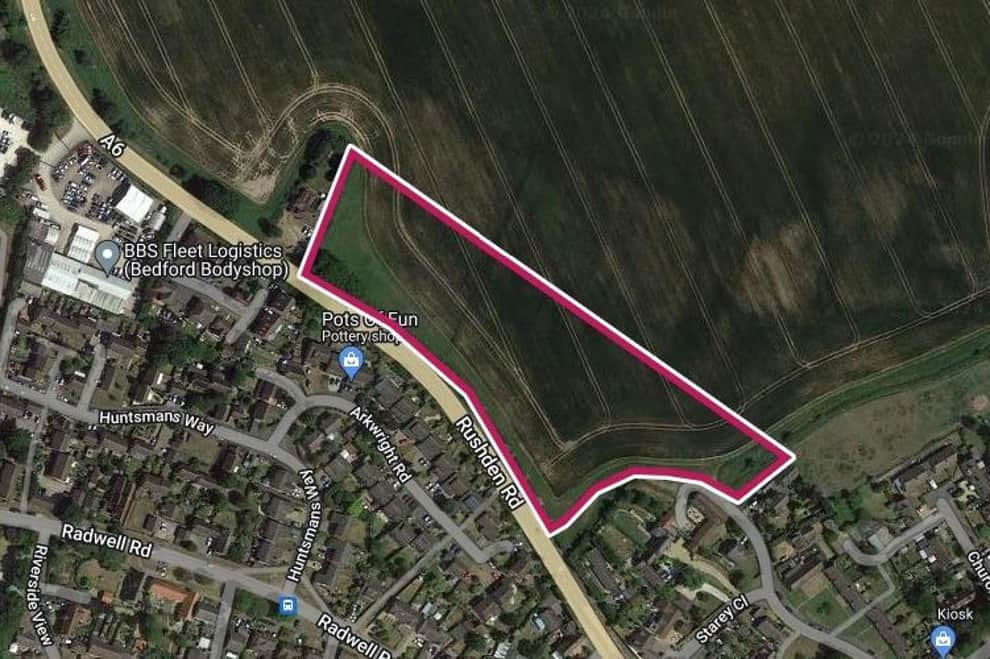Discover how Luton’s community adapts to road closures and infrastructure upgrades, turning short-term disruption into long-term sustainability and resilience. Learn more now!
The decision to approve plans for up to 25 new homes in the village of Milton Ernest, near Bedford, has sparked significant controversy and has been described as a "slap in the face" for democracy by local representatives. This contentious approval raises serious questions about the effectiveness and fairness of local government decision-making processes.
Approval Process Raises Questions

The approval process for the housing development has been marred by claims of neglecting local opinion and undermining the principles of democracy. Parish councillors and residents alike have voiced their frustration and disappointment, claiming that the decision does not reflect the wishes of the community.
Community Reaction
Local parish councillor John Smith expressed his outrage following the vote, stating, "This decision is a slap in the face for democracy. The voices of the people who live here and are directly affected by this development have been blatantly ignored."
Residents have also echoed these sentiments, with many feeling that their concerns about increased traffic, strain on local resources, and the impact on the rural character of the village were not adequately addressed. Jane Doe, a long-time resident, commented, "We attended meetings, wrote letters, and signed petitions, but it seems our efforts were all in vain."
Officials' Justification
Despite the backlash, the council members who approved the plan argue that the development is necessary to meet housing demands and support the growth of the local economy. Councillor Paul Brown defended the decision, saying, "While we understand the community's concerns, this development is essential for providing much-needed housing and ensuring the sustainability of our local area."
Supporters of the plan highlight benefits such as increased housing availability and potential economic boost from new residents. However, these arguments have done little to assuage the discontent among the current inhabitants of Milton Ernest.
Implications for Local Governance
This incident has broader implications for local governance and the relationship between elected officials and their constituents. When local voices feel disregarded in decisions that directly impact their lives, it erodes trust in democratic processes and institutions.
There is an urgent need for more transparent and inclusive decision-making frameworks that genuinely consider and incorporate community input. As it stands, the approval of these new homes has left many questioning the integrity and responsiveness of their local representatives.
Conclusion
The approval of the housing development in Milton Ernest may have been intended to address practical needs, but it has clearly struck a discordant note within the community. As villagers grapple with this decision, it serves as a stark reminder of the importance of local democracy and the need for councils to engage meaningfully with those they serve.
In a time where trust in public institutions is already fragile, ensuring that local governance remains transparent, accountable, and truly representative of its constituency is more critical than ever. Moving forward, both officials and residents must work together to restore faith in the democratic process and ensure that future developments better reflect the will of the people.